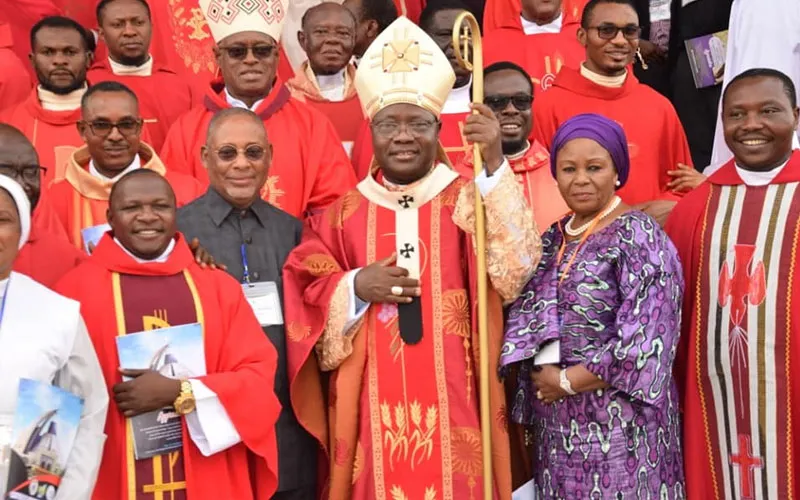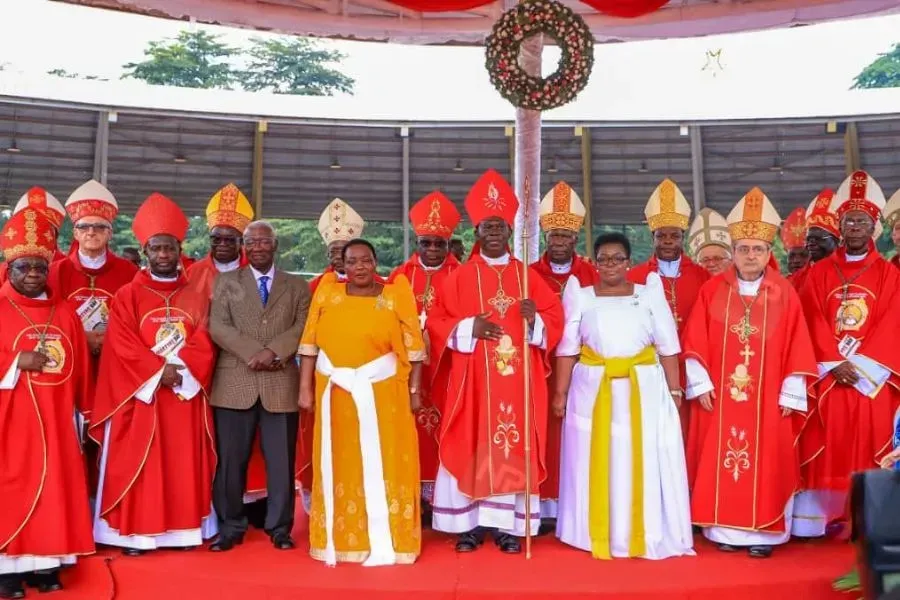Abuja, 23 September, 2022 / 9:23 pm (ACI Africa).
The Archbishop of Abuja in Nigeria has cautioned the electorate in the West African nation against mediocrity during the 2023 general elections, and advocated for “merit”.
"Merit over mediocrity is the only approach that will save our country, that is, when we elect good leaders who are genuinely patriotic, experienced, competent and sincerely God-fearing,” Archbishop Ignatius Ayau Kaigama said on Thursday, September 22.
Archbishop Kaigama who was speaking during the 3rd Abuja Catholic Archdiocesan General Assembly at Our Lady Queen of Nigeria Pro-Cathedral of his Metropolitan See emphasized the need for the electorate to examine the values of the political candidates.
“We must begin to take self-serving considerations off the table when it comes to politics!” he said during the assembly that was attended by Apostolic Nuncio in Nigeria, Archbishop Antonio Guido Fillipazzi, the President of the Christian Association of Nigeria (CAN), and senior government officials, among others.
The Nigerian Archbishop added, “What is very crucial now is the search for good leaders who are able to promote what is right, what is honorable and fair and what advances the common good; leaders who are passionate about advancing the growth, progress and stability of Nigeria.”








